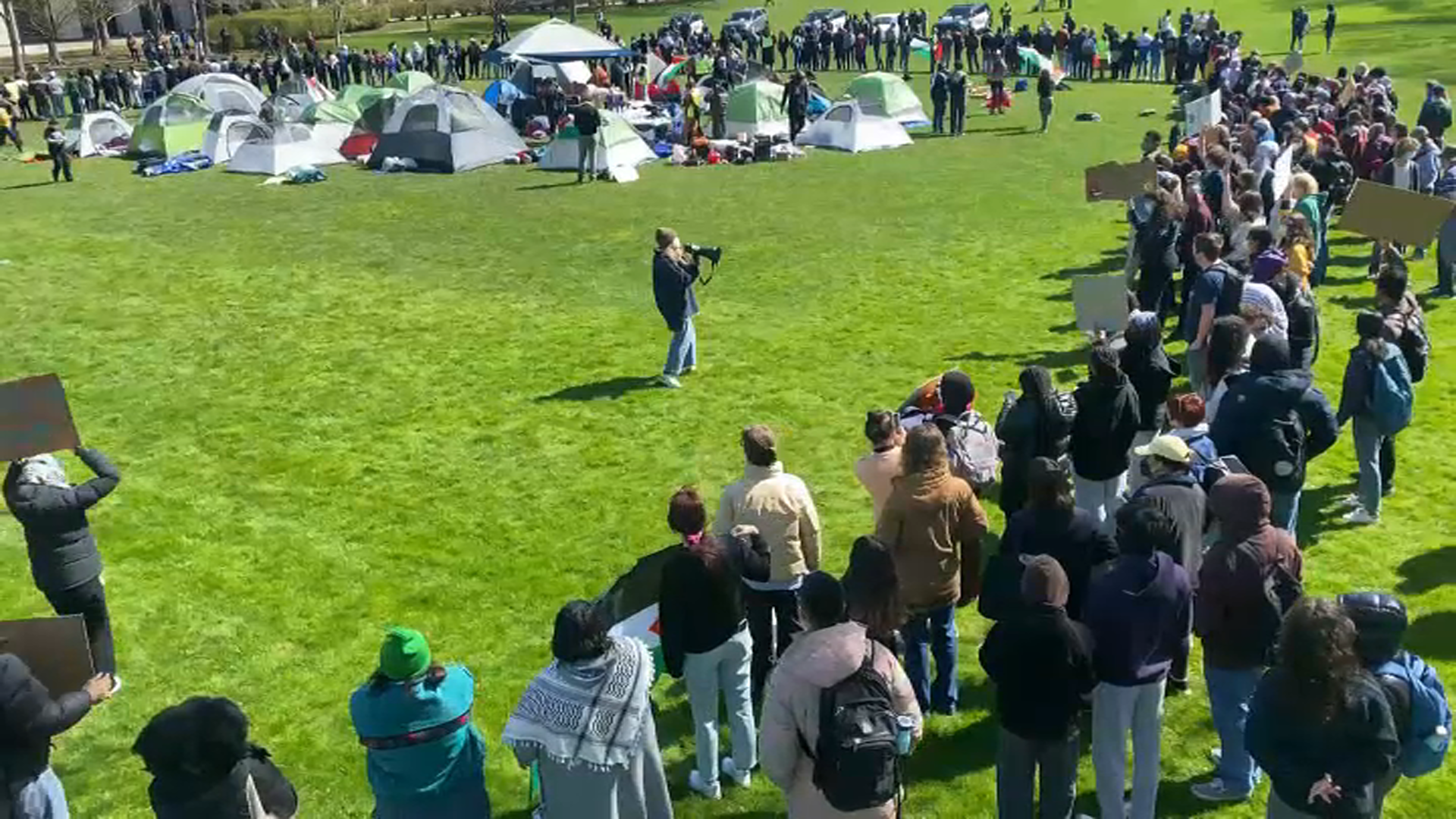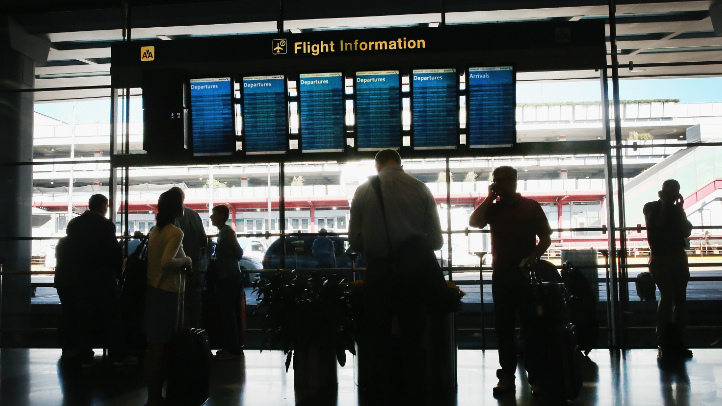Illinois Gov. J.B. Pritzker is three weeks away from the culmination of his effort to be reelected to a second term in office, and he had plenty to say on a wide variety of topics as he prepares for the Nov. 8 election against Republican challenger Darren Bailey.
During a one-on-one interview with NBC 5 Political Reporter Mary Ann Ahern, Pritzker touched on a variety of topics, including his aggressive campaign spending, his administration’s response to the COVID-19 pandemic, and to the upcoming Chicago mayoral election.
The governor has faced plenty of criticism over his prodigious spending on his political campaigns, shelling out more than $150 million on his reelection efforts.
He says that his spending compares to that done by Republicans and opposing political action committees.
Feeling out of the loop? We'll catch you up on the Chicago news you need to know. Sign up for the weekly Chicago Catch-Up newsletter here.
“We’re going head-to-head with them,” he said. “$100 million and more has been spent attacking me. It has to have an effect on the public while they’re doing that, and it’s a tough campaign. I’m certainly telling people what I think about Darren Bailey.”
Criticism has also been levied against Pritzker for his involvement in the Republican primary earlier this year, with experts arguing that his financial contributions helped pave the way for Bailey to be the nominee instead of Aurora Mayor Richard Irvin.
Local
“I was being attacked by all of the Republican candidates in their primary, and I pushed back in the ways that I could, and the (Democratic Governor’s Association) was pushing back,” he said. “The messages were the same messages I’m saying now: Darren Bailey is too extreme for Illinois.
“It’s appropriate for a Democratic governor who’s being attacked by all of the Republicans to push back on those attacks,” he added.
Pritzker shouted out his campaign’s field operations, and said that he isn’t concerned with a letdown in intensity after polls showed him with a solid lead in the race.
“We were winning in 2018 as well, and by a pretty good margin,” he said. “We run a great field operation across the state. I think people are very motivated this year. Their abortion rights are on the line. People’s voting rights are on the line. They understand there is a lot at stake in this election.”
When asked about his administration’s COVID-19 response, Pritzker says that while there are lessons he wants to take forward, he also is proud of the way the state has come out of the worst of the pandemic.
“In the early days of the pandemic, we didn’t know what this was,” he said. “We didn’t know how fast it was spreading. We didn’t have treatments or vaccines. Illinois has one of the highest vaccination rates in the Midwest, and one of the lowest mortality rates in the Midwest. I’m proud of what we’ve accomplished in this terrible crisis.”
Pritzker was also asked about the upcoming mayoral election in Chicago, but he said he is more focused on his own reelection campaign, and didn’t commit support to any candidate, including Mayor Lori Lightfoot.
“I’ll have to make a decision, but I don’t intend to get involved,” he said.
Beyond this election, Pritzker was also asked again about his plans for 2024 and beyond, and he once again demurred on speculation that he may consider a run for the Oval Office if President Joe Biden doesn’t seek reelection.
“I’m planning to serve out four years as governor of Illinois,” he said. “I love the state, and I love the job I have. Right now, I have no intention of that.”
Finally, Pritzker was also asked about the environmental impact of his travel, including that done by private jet.
The governor, who has emphasized pushing back against climate change in his campaign platform, says that he buys carbon offsets for his travel, and hopes that more can be done to make travel more environmentally friendly.
“We’re not going to get rid of flying, but we’re starting to see more environmentally-friendly ways to do that, such as electric planes that are being developed,” he said. “I’m excited about that.’



